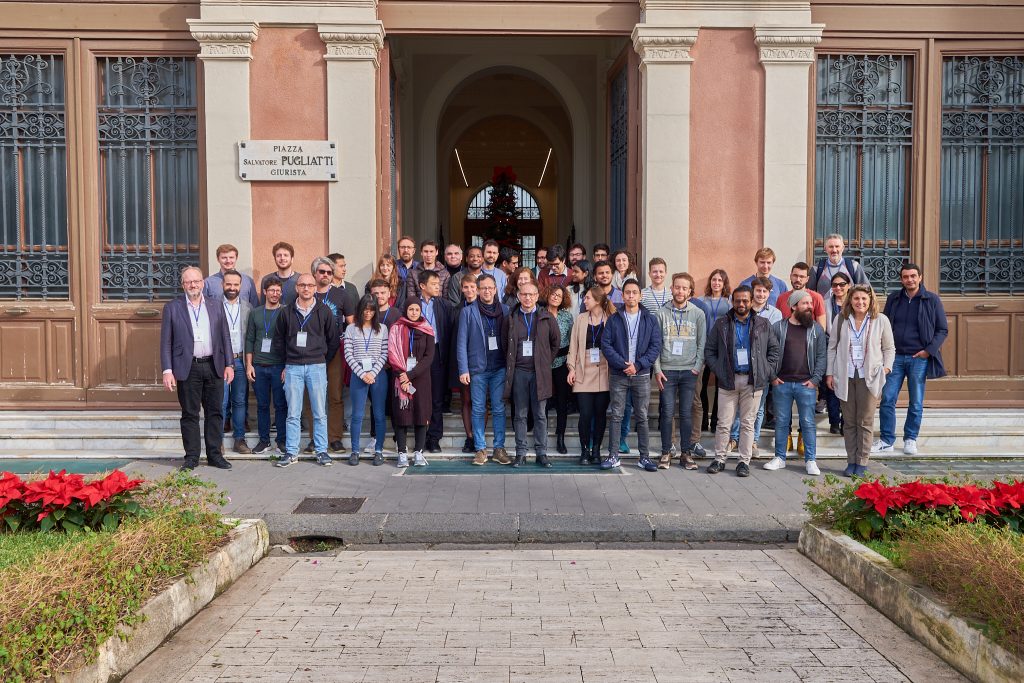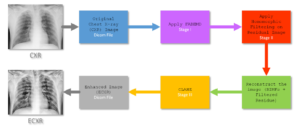
The IEEE Magnetics Society Italy Chapter – PETASPIN 2022 School on “Spintronics: fundamentals and applications”
Focus of the school
The school will focus on furnishing concepts related to the fundamental and applied aspects of spintronics. The school will be held in the month of December in Messina (Italy) for the next three years (2022, 2023 and 2024) and it is designed for students, post-doc and early-stage researchers approaching the research field of spintronics and related areas. This year it is scheduled from the morning of 13 December to the lunch time of 16 December (4 days). It consists of a well-planned program including lectures by international experts covering both fundamental aspects and applications of the spintronic technology together with interdisciplinary seminars. The students will be invited to submit a pre-recorded talk of 15 minutes one month in advance that will be shared among the participants and the lecturers of the school. We aim to stimulate discussions and create networking during the whole period of the school with this approach. The students will also be involved in interactions with secondary school students from different cities near Messina with the aim to transfer their experience in doing research. The participation is restricted to 30-35 students based on a competitive application. The school is organized by the IEEE Magnetics Society Italy Chapter in collaboration with Petaspin association and co-sponsored by the project “Low Power Spintronics Wireless Autonomous Node (SWAN) Integrated Circuits Developed Via Spintronics Technology Accelerator Platform” (SWAN-on-chip) funded by the European Union within the call HORIZON-CL4-2021-DIGITAL-EMERGING-01 and by the project “The Italian factory of micromagnetic modeling and spintronics” funded by MUR (Ministero della Ricerca) within the Italian call PRIN 2020 and by the Association of the Engineers of Messina. The co-organizers of the school are Prof. Giovanni Finocchio from the University of Messina and Prof. Mario Carpentieri from Politecnico di Bari.
Learning Objectives of the School
The first learning objective is to provide the necessary skills to learn and use micromagnetic modelling to design ferromagnetic and antiferromagnetic spintronic devices and understand their experimental characteristics. It will be explored several scenarios involving spintronic oscillators and diodes, artificial magnonic crystals, physical unclonable functions, magnetic field sensors, etc. The second learning objective is to provide an understanding on how topology and chirality can be exploited in modern magnetism as a mean to stabilize and manipulate some novel magnetic quasi-particles that might be technologically relevant. In particular, the concepts introduced will be used to understand recent experiments on magnetic skymions. In addition, a detailed description on how to understand contrast mechanisms in scanning probe microscopy for skyrmion imaging will be presented. The third learning objective is related to introduce the students to new directions in computing which can be impacted by spintronic technology. It will be introduced basic principles underlying spintronic neuromorphic computing, the strategies to combine spintronic and CMOS technologies for nonvolatile in memory processing, and the idea of probabilistic computing with p-bits.
Interdisciplinary talks.
The school will also offer two interdisciplinary lectures one on basic knowledge on EEG technology and its use to realize brain-computer interfaces furnishing the need for developing high sensitivity magnetic field sensors. The second one will provide an overview of the variety of magnetization process arising in nanostructured materials obtained by different processing methods focusing on their application in biomedicine.

